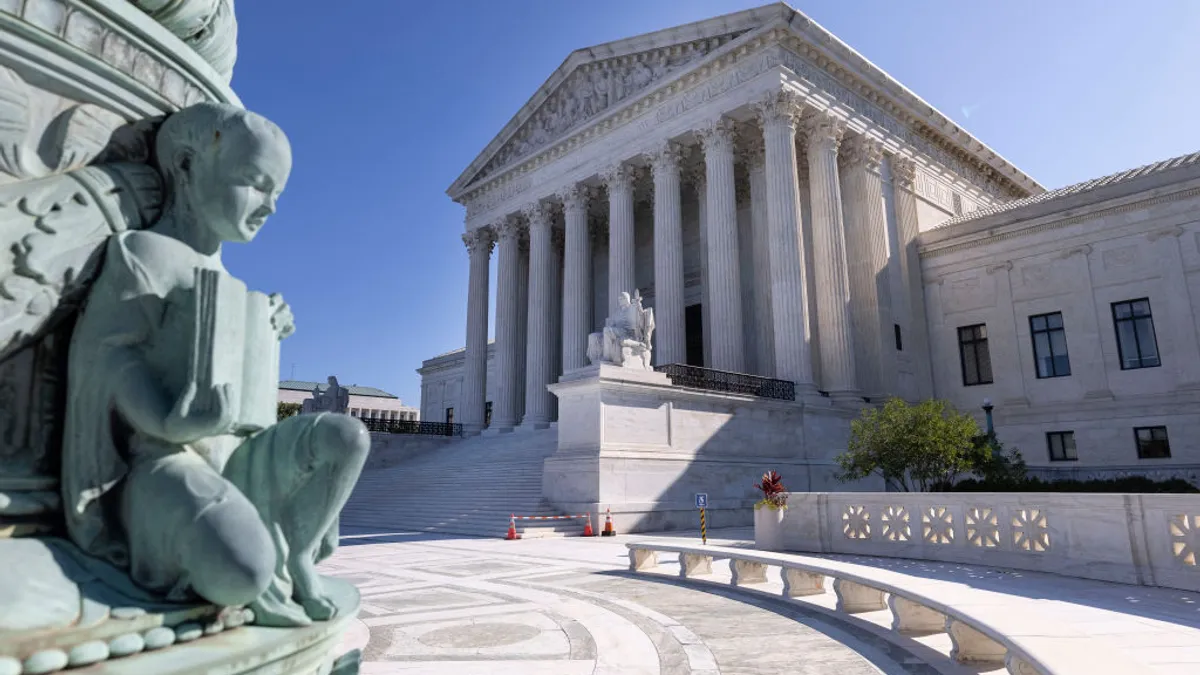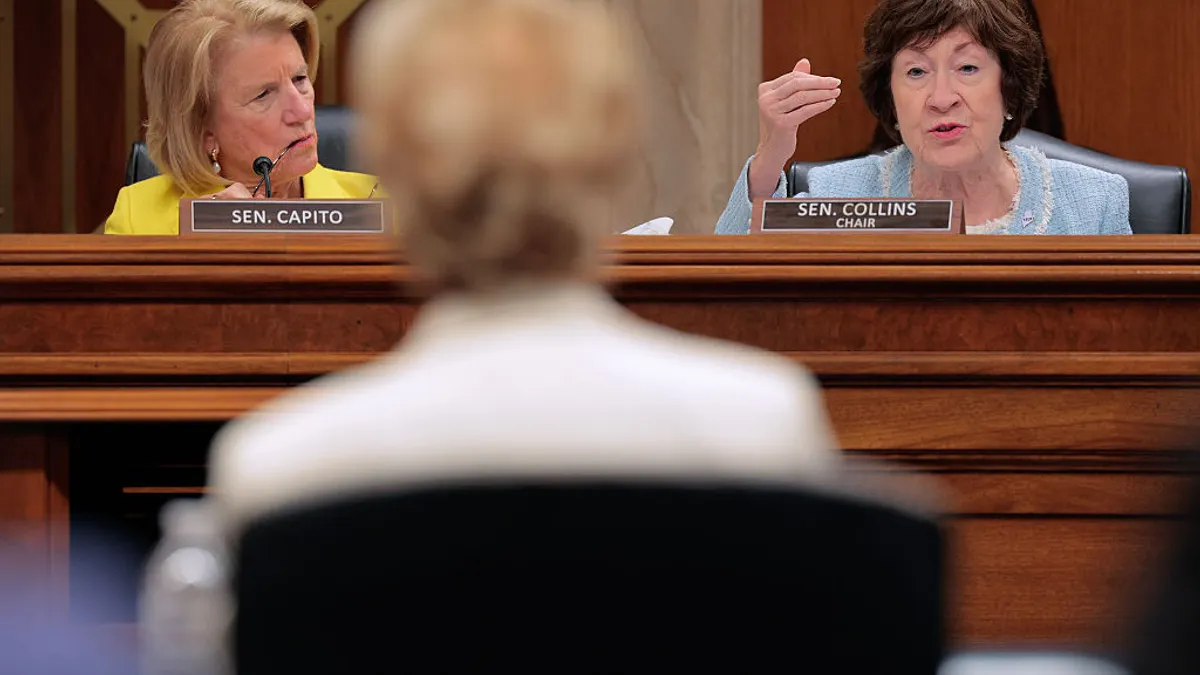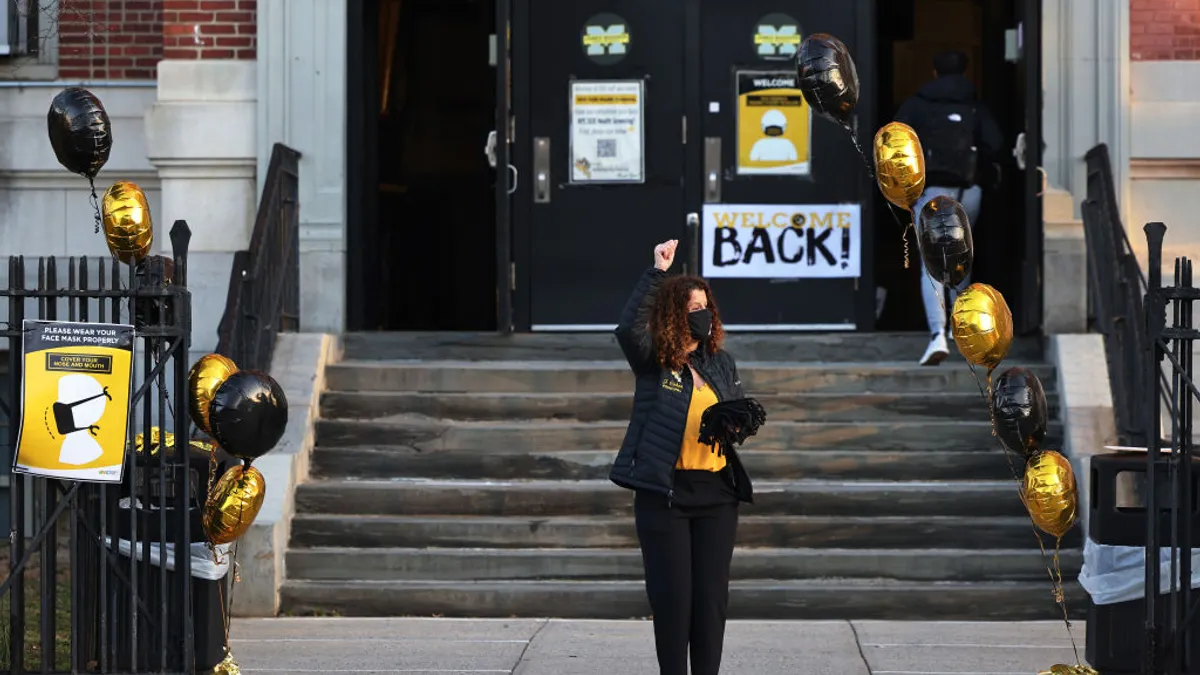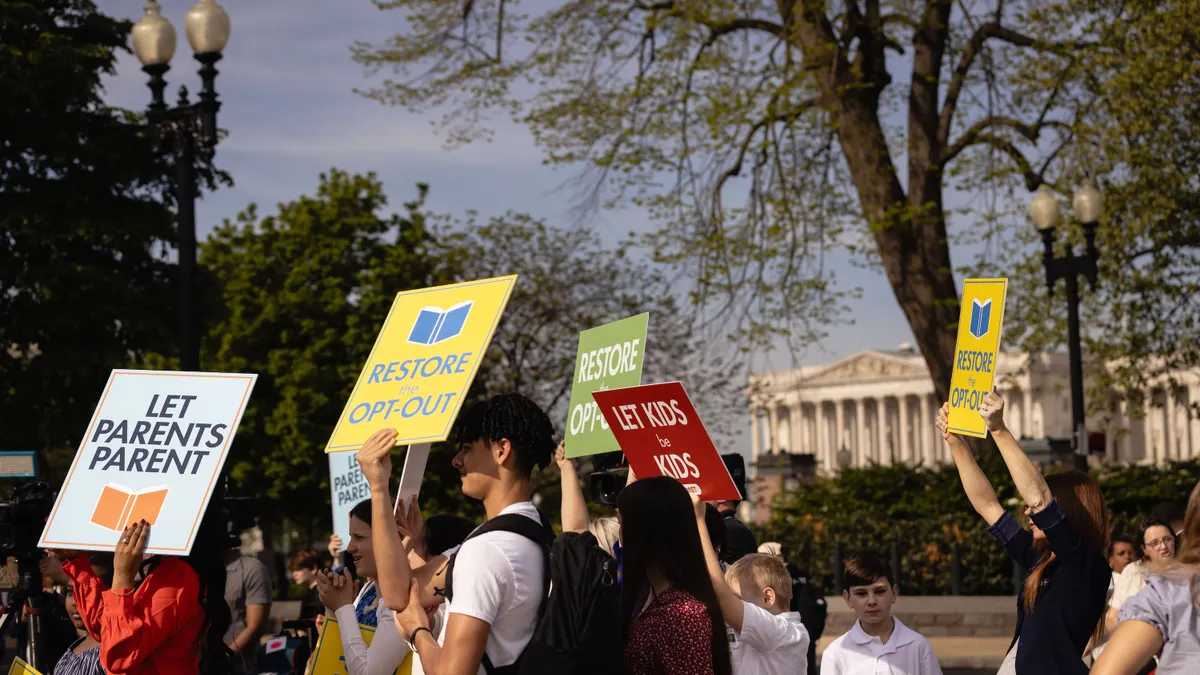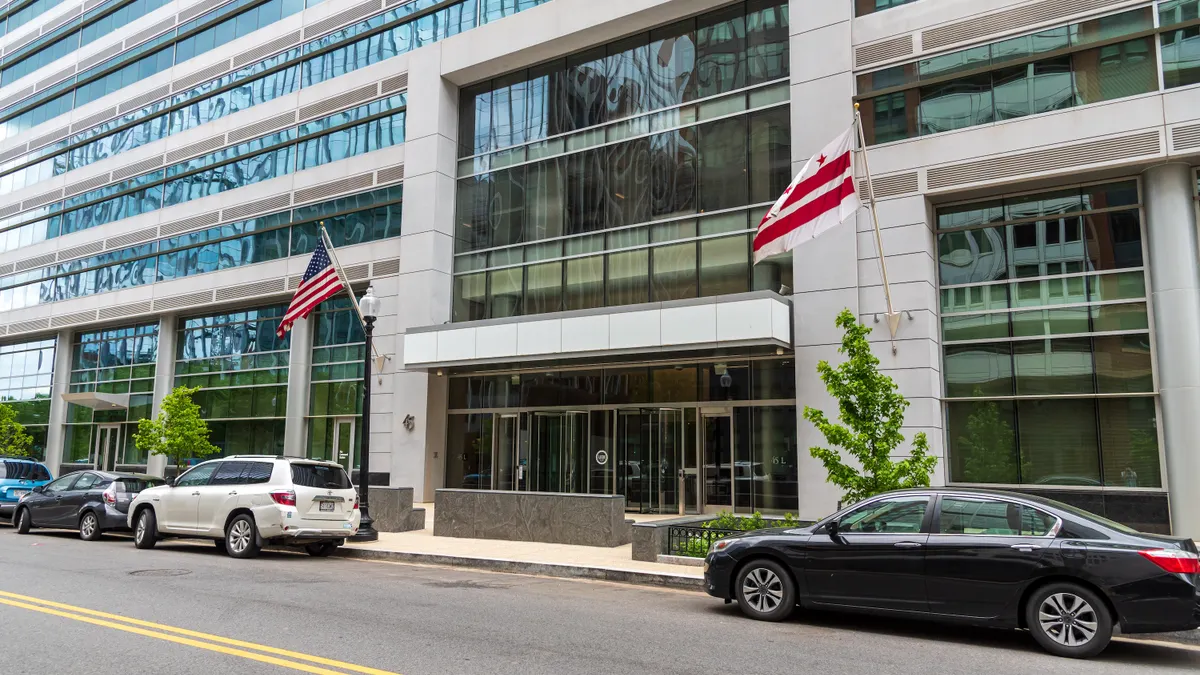Decisions by public officials — including school board members — to block the public from their social media accounts violate the First Amendment only under some circumstances, according to two unanimous Supreme Court decisions handed down Friday.
The cases, O’Connor-Ratcliff v. Garnier and Lindke v. Freed, questioned when a public official’s personal social media activity is considered state action — and whether blocking community members from viewing and interacting with a social media account used to communicate about job-related issues falls under that umbrella.
The Garnier case arose after two school board members in San Diego's Poway Unified School District blocked parents who posted lengthy and repetitive comments from their social media accounts. The parents, Christopher and Kimberly Garnier, posted nearly identical comments on school board members' 42 Facebook posts, and they left 226 identical comments within a 10-minute span on one school board members' tweets, according to court documents.
In Friday's opinions, the Supreme Court justices laid out a framework applicable to such circumstances. According to the framework, such public officials' social media speech is considered public only if the public official had the power to speak on the government's behalf and only if the official was exercising that authority when posting on social media.
"The distinction between private conduct and state action turns on substance, not labels," Associate Justice Amy Barrett wrote in the unanimous opinion. "Private parties can act with the authority of the State, and state officials have private lives and their own constitutional rights — including the First Amendment right to speak about their jobs and exercise editorial control over speech and speakers on their personal platforms."
The high court also highlighted the importance of public officials including labels on their social media accounts to mark whether their accounts are "public" or "private."
Justices sent the Garnier case involving two school board members back to the 9th U.S. Circuit Court of Appeals to apply the new framework and decide the case.
Social media and free speech cases continue
The unanimous decision by the current ideologically divided Supreme Court bench comes after justices seemed torn during oral arguments on the cases last October, saying there were "First Amendment rights on both sides."
On one side were the free speech rights of public officials like school leaders to post on social media accounts, and on the other were community members' rights to free speech that could be violated when public figures block individuals from accessing and posting on their pages.
The complex cases also drew the attention of the U.S. Department of Justice, which filed a brief prior to oral arguments in support of the public school district board members. At least 17 states also weighed in with support for the school board members.
Social media access and its impact have led to multiple other lawsuits in recent years. A number of districts, for example, have sued Facebook parent company Meta, Snapchat, TikTok and YouTube over teen mental health struggles resulting from social media use and addiction.
On March 18, the Supreme Court will also hear free speech cases involving the Biden administration's push for social media companies to remove posts including misinformation about vaccines, the COVID-19 pandemic and the 2020 election.
The opinions released Friday come amid increased parental involvement and community pushback in K-12 on issues like curriculum content and transgender students' participation on athletic teams, and after other politically charged school practices like pandemic health and safety precautions.
In recent years, many board members and education leaders have noted increased hostility from their communities over these issues and reported feeling targeted, including receiving death threats in some cases.



